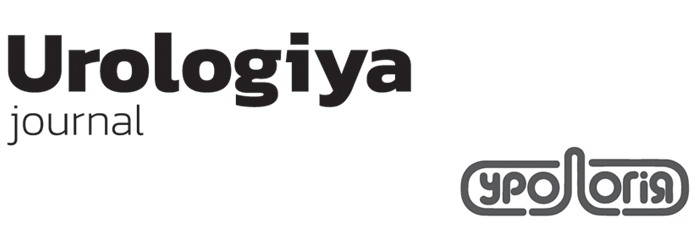Bachurin G.V., Bachurin А.V., Kolomoets Yu.S.
doi: https://doi.org/10.26641/2307-5279.28.1-4.2024.322090
The aim of the work is to improve the results of early diagnosis of acute infectious kidney diseases at the molecular level in urolithiasis (urinary stone disease) through the study of enzymatic test indicators. Enzymatic tests (NGAL, IL-1β, β2-microglobulin) were investigated at the molecular level using the IFA method in the urine of patients with urolithiasis. Comparative and prognostic significance of the conducted treatment was established between the groups of patients, and an algorithm was developed based on the results of kidney damage predictors. It was found that the indicators of general laboratory analysis in patients with urolithiasis within the first 24-48 hours do not reliably indicate the absence of an infectious-inflammatory process in the kidneys and the development of renal failure. It was determined that an increase in the inflammation predictor indicators in more than 50% of patients indicates the development of infectious-inflammatory complications within the first 12-24 hours before the occurrence of general laboratory and clinical changes. The assessment of the effectiveness of conservative therapy in groups IA and II revealed that complications of the inflammatory process in the kidneys were observed five times more frequently in group II (comparison) than in group IA. The use of enzymatic tests as markers for early kidney damage allows for the classification of two main groups of patients: those requiring conservative treatment and those requiring urgent surgical intervention. This significantly reduces the frequency of inflammatory, purulent-septic complications and improves the treatment outcomes for patients with upper urinary tract obstruction in urolithiasis.

